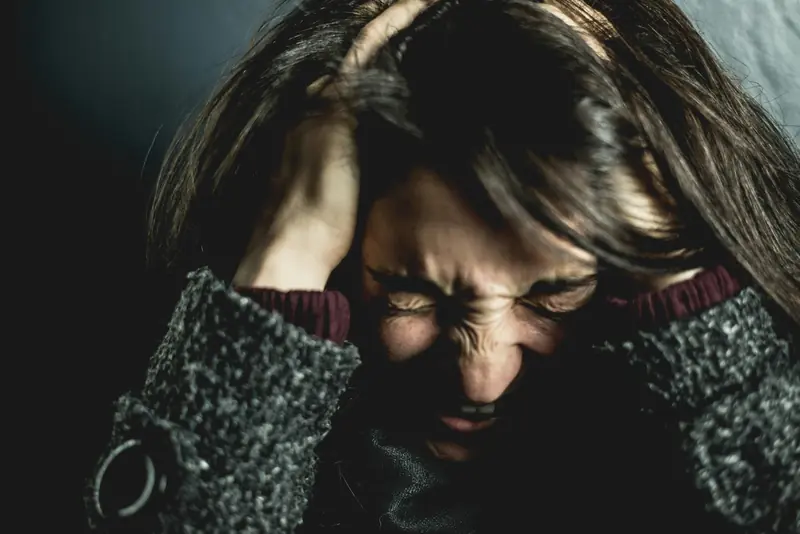
A team of researchers from University College Cork in Ireland has transplanted gut microbes from individuals with social anxiety disorder (social phobia) into ordinary mice. Following the procedure, the rodents remained healthy but exhibited signs of social anxiety. The researchers believe that treatment for this disorder should begin in the gut.
Social anxiety, or social phobia, is a condition characterized by persistent fear and emotional discomfort in social situations or interactions with others.
How the Study Was Conducted
During the scientific experiment reported by the Daily Mail, scientists collected gut microbiome samples from volunteers who agreed to participate in the study. The samples came from six individuals diagnosed with social anxiety disorder and six individuals without social anxiety.
Before the study, all participants confirmed that they were not taking any psychiatric medications or dietary supplements that could affect their gut microbiota.
The team also prepared 72 mice for the study. For a week, they fed the mice a mixture of four different antibiotics to “deplete the resident microbiota.” In other words, the researchers aimed to work with the mice’s “clean” intestines.
Over three days, the scientists administered gut microbes from the human participants to the mice via a feeding tube. The researchers needed to ensure that the new microbiome would take hold in the animals’ bodies. Ultimately, 36 mice received transplants from individuals with social anxiety, while 36 received transplants from participants without the disorder.
Ten days after the experiment began, the mice underwent a series of tests assessing sociability, general anxiety, gut function, depression, and social fear. In most tests, both groups of mice showed identical results.
However, in the social fear test, the group of mice that received transplants from individuals with social phobia performed significantly worse. These rodents displayed behaviors akin to social anxiety disorder. The scientists clarified that this was a “mouse version of social anxiety.”
What the Researchers Discovered
The team also found that the animals exhibiting signs of social phobia had lower levels of the hormone corticosterone. This hormone plays a role in energy regulation, immune responses, and stress reactions. Immune system markers indicated that after the transplantation of microbes from individuals with social phobia, the mice experienced immune system disruptions.
The researchers also suggested that inflammatory molecules might travel from the gut to the brain. In addition to the newly acquired social anxiety, the brains of the mice showed some unique changes. Specifically, in a brain region known as the nucleus accumbens, there was a decrease in oxytocin levels—the “love hormone.” This hormone is crucial for bonding between parents and children, as well as for romantic and social relationships.
Furthermore, in the amygdala and prefrontal cortex of the mice that received microbes from individuals with social anxiety, there was a reduction in the expression of genes associated with oxytocin. These brain areas are involved in fear formation and personality, respectively.
Thus, it is evident that changes in the microbiomes led to significant alterations in the mice’s behavior.
The results prompted the researchers to consider that the “microbiota-gut-brain axis is an ideal target for identifying new therapeutic approaches” to alleviate symptoms of social phobia in humans.
The new work by the Irish scientists adds to the findings of numerous studies that highlight the complex relationship between the gut and the brain, particularly regarding the notion that treatment for anxiety, depression, autism, and other mental disorders should start in the gut. Although the study did not identify specific treatment methods, it opened the door for their development in the future.
The results of the study were published in the Proceedings of the National Academy of Sciences.
